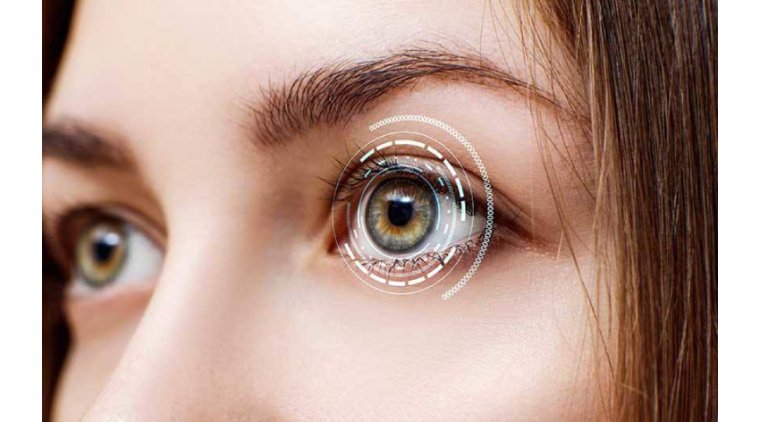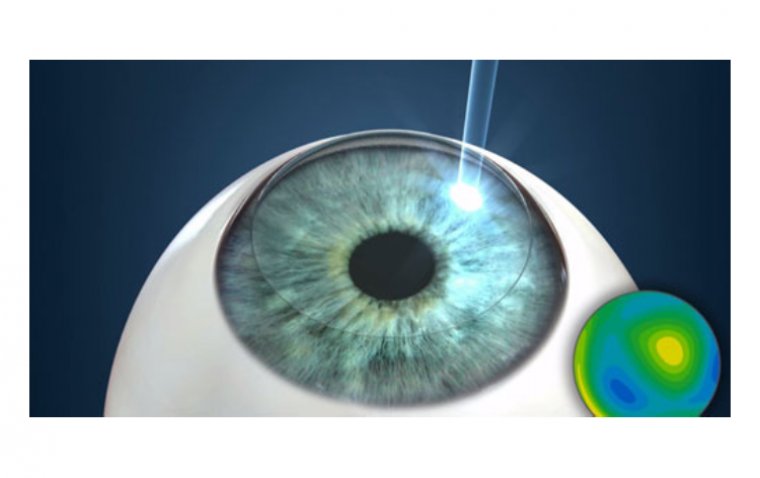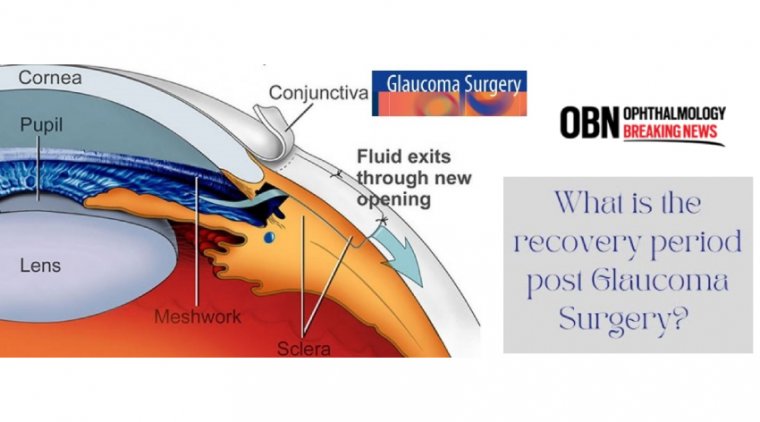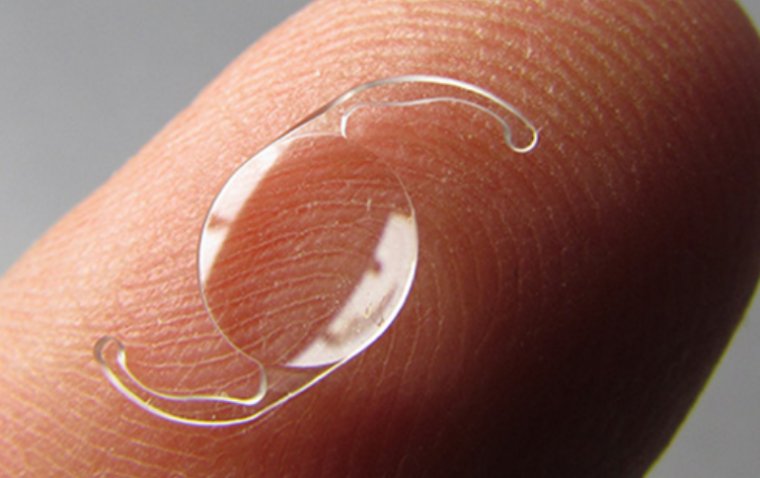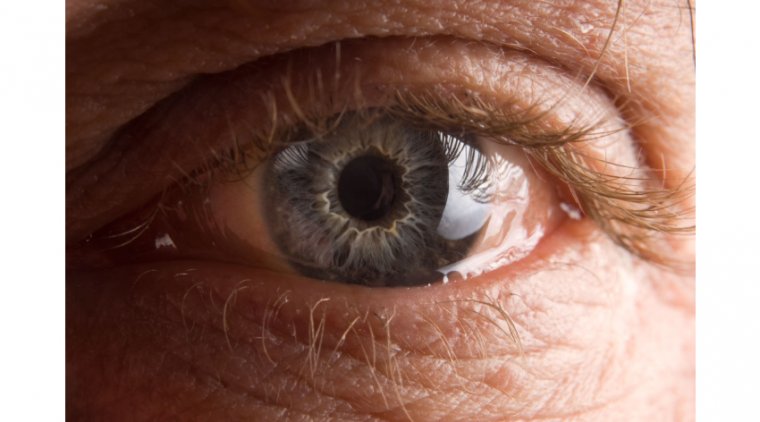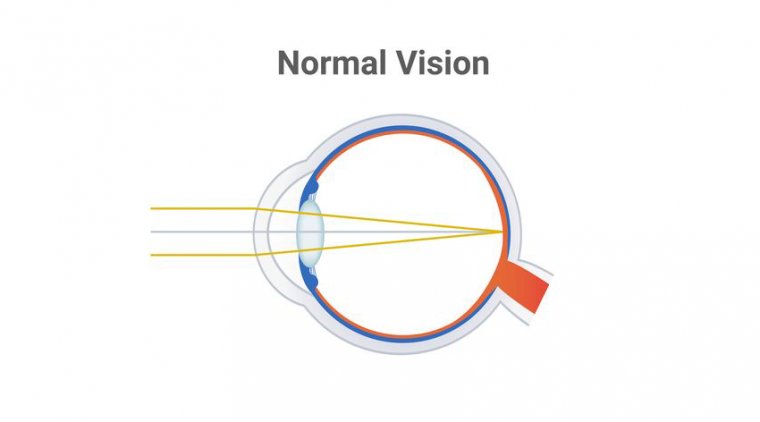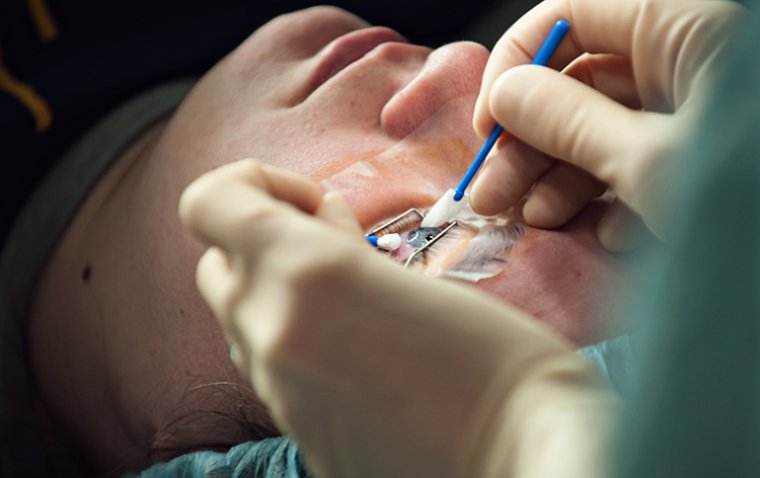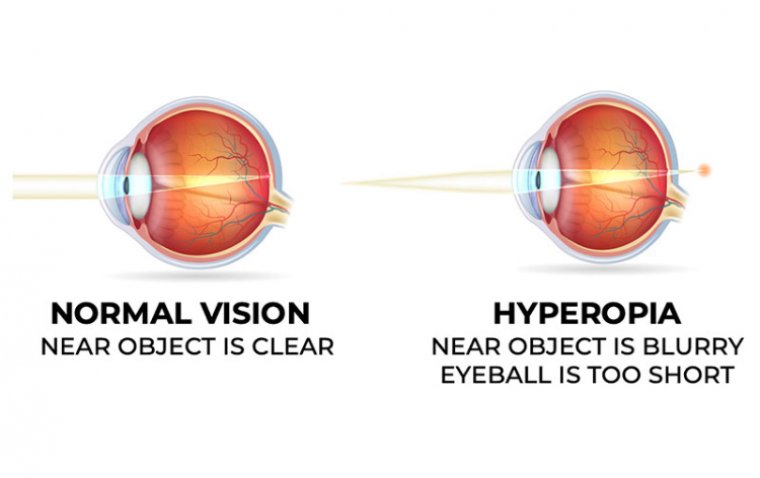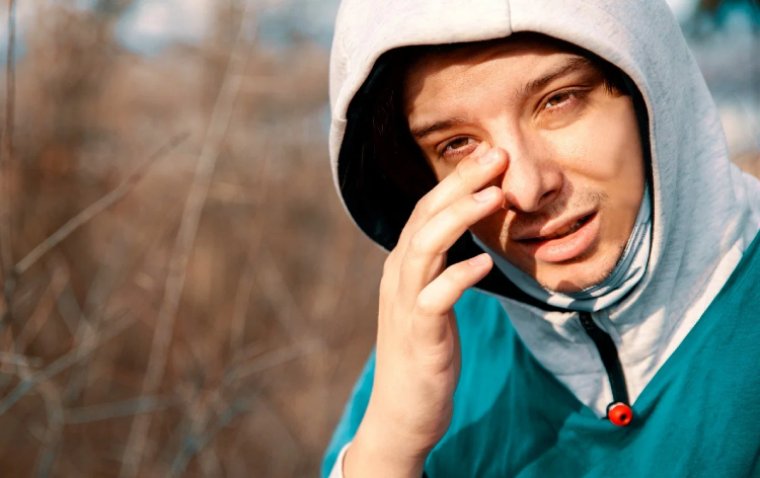
The Bright Side of Winter: Understanding Snow Blindness
Snow blindness, also known as photokeratitis or ultraviolet keratitis, is a condition that affects the eyes as a result of prolonged exposure to the sun's ultraviolet (UV) rays reflecting off of snow or other bright surfaces. It is a temporary condition that typically resolves on its own, but can cause significant discomfort.
What Causes Snow Blindness?
● Prolonged exposure to UV rays reflecting off of snow or other bright surfaces. This is because snow reflects up to 80% of the sun's UV rays, making it much more intense than sunlight on a clear day.
● Lack of protective eyewear or proper sunscreen use. This leaves the eyes exposed to the harmful rays.
● Certain medical conditions that make the eyes more sensitive to light. People with conditions such as lupus, or certain medications can make the eyes more susceptible to UV damage.
Symptoms of Snow Blindness
The below symptoms may appear immediately or a few hours after exposure, and may last for a few days.
● Pain and redness in the eyes
● Sensitivity to light
● Blurred vision
● A feeling of "sand" or "grit" in the eyes
● Tears and swelling of the eyes
How to Manage Snow Blindness
● Resting the eyes and avoiding further exposure to UV rays.
● Using over-the-counter pain relievers to reduce pain and inflammation.
● Applying artificial tears or lubricating eye drops to alleviate discomfort.
● Wearing dark glasses to protect the eyes from bright light.
5 Tips to Prevent Snow Blindness
If you are spending a significant amount of time outside in snowy or icy conditions, wearing protective eyewear, such as sunglasses or ski goggles, that block out UV rays. Also, be aware of the UV index and taking precautions on days when it is high.
Take breaks from direct sunlight to give your eyes a rest. This can be done by finding a shaded area or by closing your eyes for a few minutes at a time.
Rest your eyes as much as possible and avoid any further exposure to UV rays. Over-the-counter pain relievers can be taken to alleviate any discomfort and a cool compress can be applied to the eyes for relief.
Avoid rubbing or touching your eyes, as this can cause further irritation and delay the healing process. In severe cases, your doctor may prescribe eye drops or ointments to help speed up the healing process.
Make sure to limit time spent in the sun during peak UV hours (10 am to 4 pm).
(1).jpg)
